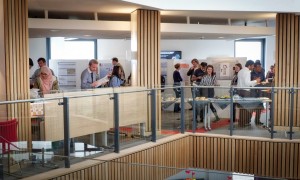
On the 18th of May the Faculty of Science and Technology held its Second Annual PGR Conference. This is a chance for the academic and postgraduate community to showcase the research that is being undertaken in the six departments within the Faculty. A total of 45 students presented their work over the course of the day, with 29 posters and 16 oral presentations.
The SciTech PGR Representatives: Hayley Roberts, Adam Roberts, Sarah Hodge and Paul Evans, would like to thank all who made the SciTech PGR conference such a success. Both Professor Christine Maggs and Professor Matt Bentley commented on how interesting it was to hear about the high quality research that PGRs in SciTech are conducting. We would like to thank both of them for their support. We were also honoured to have Vice Chancellor, Professor John Vinney who came to open the event and listened to the first session. The day wouldn’t have been possible without the support of Naomi Bailey, Louise Pearson and Natalie Andrade, the chairs, the presenters, the judges and everyone else that helped with the organisation.
Six prizes were awarded to students who demonstrated particularly high standards:
Best poster
Winner:
Jawwad Latif (Design and Engineering)
Experimental Analysis and Modelling of Multi-layer Coating in Large Vehicles
Runner-up:
Catherine Collop (Life and Environmental Sciences)
An individual based model of Poole Harbour – is disturbance from human activities limiting wintering bird numbers?
Best 15 minute presentation
Winner:
Sarah Jeffery (Psychology)
Self-Compassion & Healthier Lifestyles: A Self-Compassion Based Intervention to Support Health-Promoting Behaviours in Emerging Adults
Runner-up:
Oxala Garcia Rodriguez (Life and Environmental Sciences)
Comparative phylogeography of modern humans and other organisms
Best 20 minute presentation
Winner:
Adam Roberts (Design and Engineering)
The potential of using the water hammer effect in small-scale tidal power applications
Runner-up:
Monica Knul (Life and Environmental Sciences)
Re-assessing the quality of published radiocarbon dates of the Middle and Upper Palaeolithic in Europe
Congratulations!


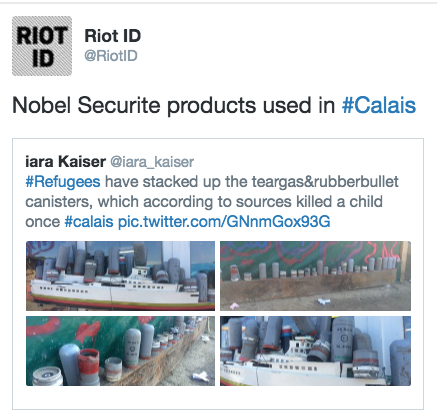 Our French samples of CS gas would leave our audience feeling sick, so for now we stick to power points when our tear gas research hits the road. Since the new year, members of Bournemouth University’s
Our French samples of CS gas would leave our audience feeling sick, so for now we stick to power points when our tear gas research hits the road. Since the new year, members of Bournemouth University’s 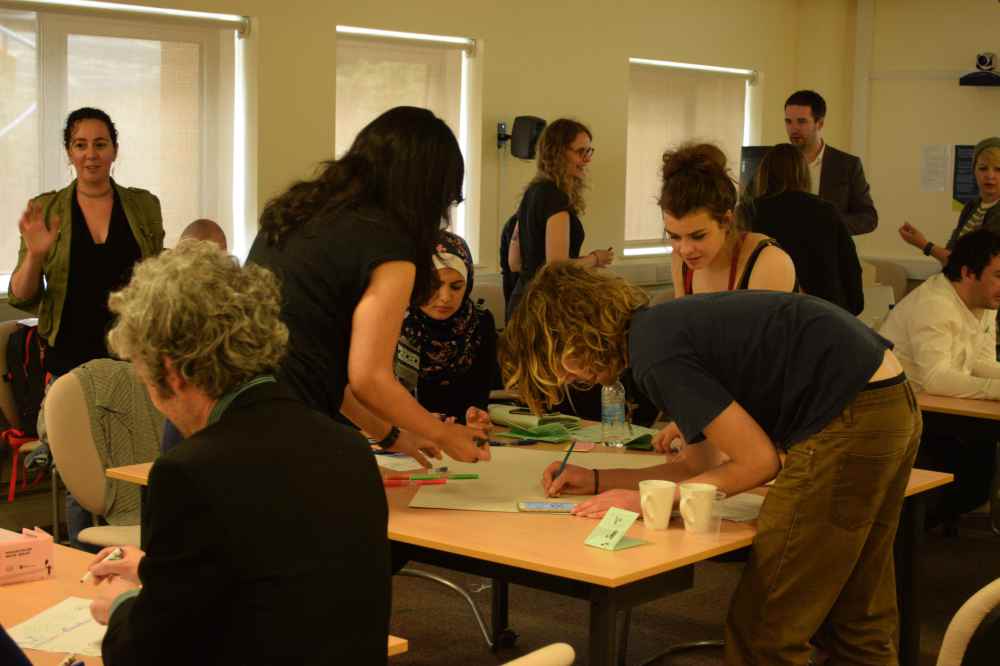
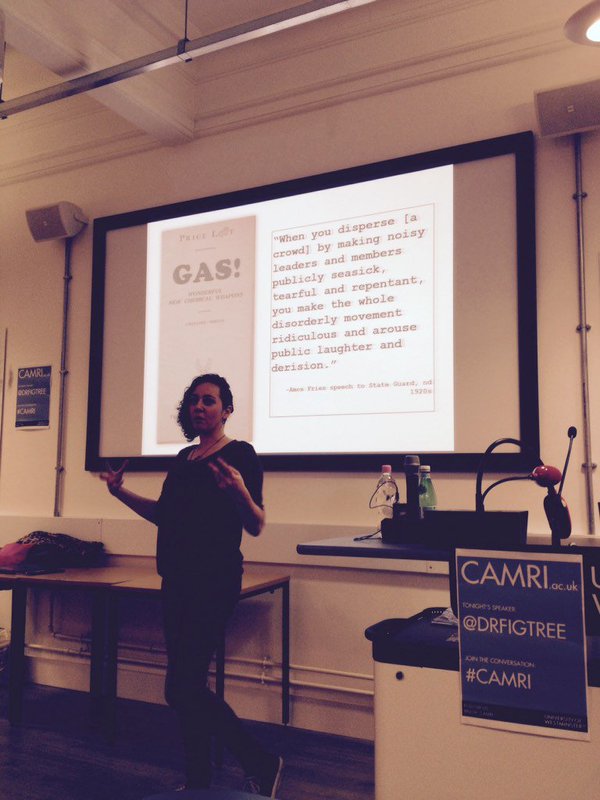 g at the Communication of Medical Knowledge in Tear Gas History. This two day interdisciplinary and international event was hosted aat
g at the Communication of Medical Knowledge in Tear Gas History. This two day interdisciplinary and international event was hosted aat 

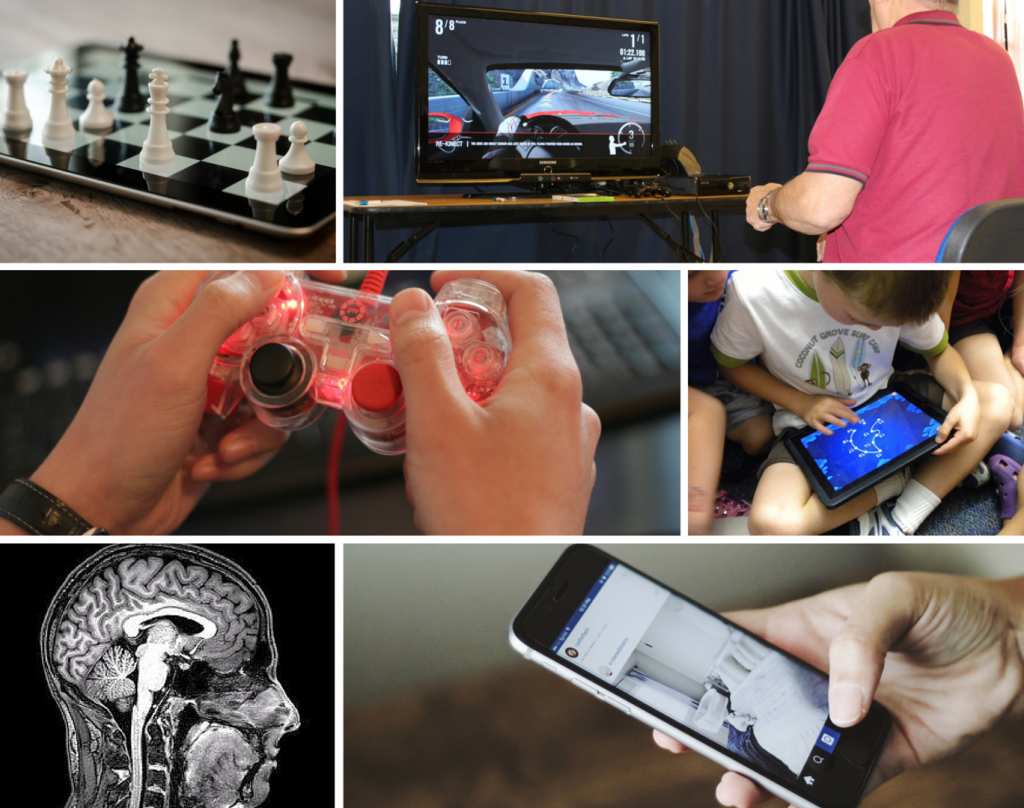
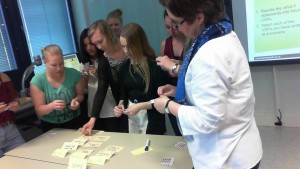
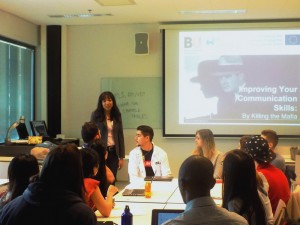


 We would like to invite you to the latest research seminar of the Creative Technology Research Centre.
We would like to invite you to the latest research seminar of the Creative Technology Research Centre.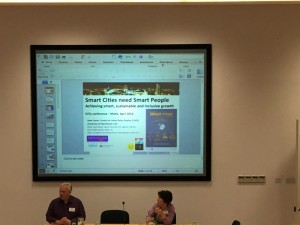
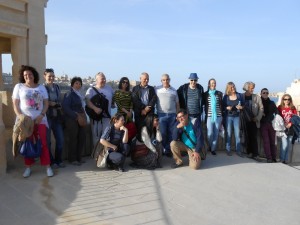
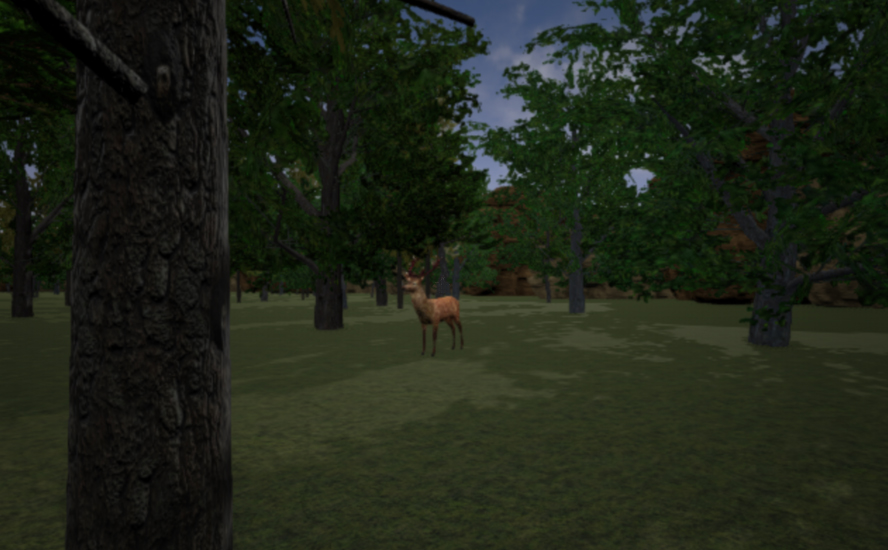



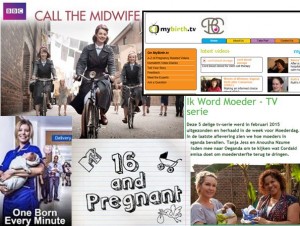 Our latest paper in the international journal BMC Pregnancy & Childbirth published late last month was highlighted yesterday in a
Our latest paper in the international journal BMC Pregnancy & Childbirth published late last month was highlighted yesterday in a  Our paper is great example of interdisciplinary research, as celebrated at the forthcoming Interdisciplinary Research Sector Day on June 21st (
Our paper is great example of interdisciplinary research, as celebrated at the forthcoming Interdisciplinary Research Sector Day on June 21st (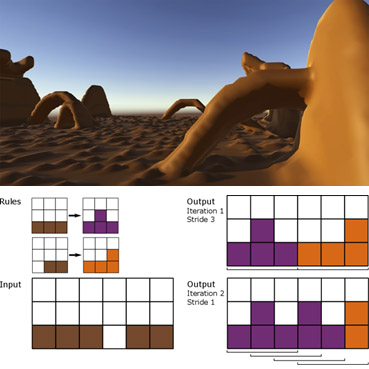












 Beyond Academia: Exploring Career Options for Early Career Researchers – Online Workshop
Beyond Academia: Exploring Career Options for Early Career Researchers – Online Workshop UKCGE Recognised Research Supervision Programme: Deadline Approaching
UKCGE Recognised Research Supervision Programme: Deadline Approaching SPROUT: From Sustainable Research to Sustainable Research Lives
SPROUT: From Sustainable Research to Sustainable Research Lives BRIAN upgrade and new look
BRIAN upgrade and new look Seeing the fruits of your labour in Bangladesh
Seeing the fruits of your labour in Bangladesh ECR Funding Open Call: Research Culture & Community Grant – Apply now
ECR Funding Open Call: Research Culture & Community Grant – Apply now ECR Funding Open Call: Research Culture & Community Grant – Application Deadline Friday 12 December
ECR Funding Open Call: Research Culture & Community Grant – Application Deadline Friday 12 December MSCA Postdoctoral Fellowships 2025 Call
MSCA Postdoctoral Fellowships 2025 Call ERC Advanced Grant 2025 Webinar
ERC Advanced Grant 2025 Webinar Update on UKRO services
Update on UKRO services European research project exploring use of ‘virtual twins’ to better manage metabolic associated fatty liver disease
European research project exploring use of ‘virtual twins’ to better manage metabolic associated fatty liver disease